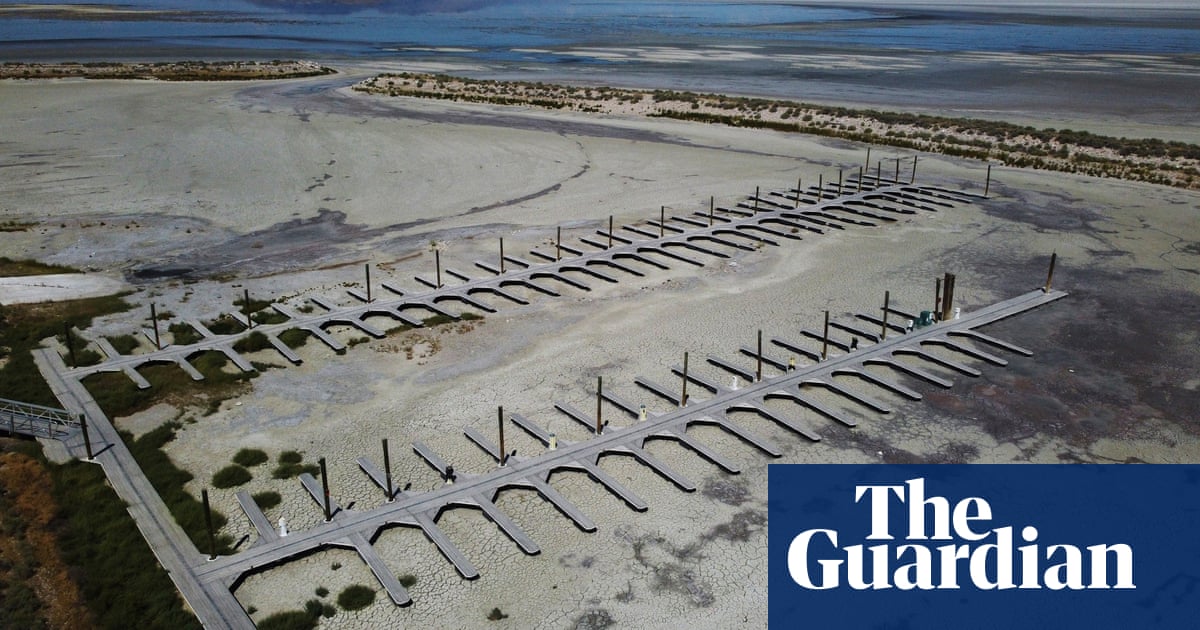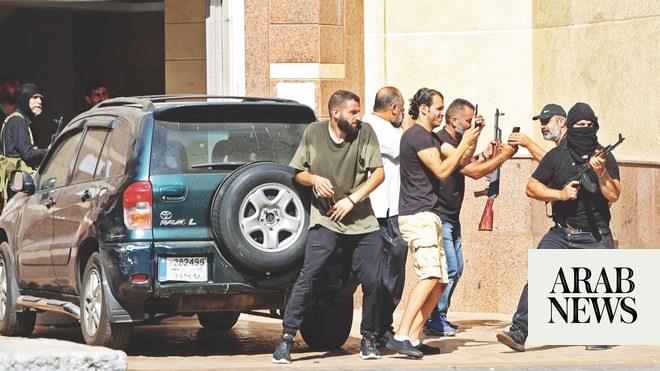
Last Thursday marked the second anniversary of the massive explosion in Beirut port that was caused by a large stockpile of ammonium nitrate stored in warehouses. According to the UN, the powerful blast killed more than 200 people, damaged 77,000 apartments, wounded 7,000 people and displaced over 300,000 more, at least 80,000 of whom were children.
Shortly after the explosion, 37 UN human rights experts issued a joint statement calling on the Lebanese government and the international community to respond effectively to calls for justice and restitution. There were urgent calls for an independent international investigation. However, Lebanese politicians rejected the idea of an international investigation of the disaster, insisting instead on a local probe.
The local investigation stalled in the face of strong opposition by some of Lebanon’s political groups. In particular, Hezbollah and its allies demanded the removal of the investigating judge when the investigation came too close to their interests. The probe went nowhere, violent clashes erupted between rival militias and the government was nearly paralyzed as a result. Families of the victims appealed to the international community to establish an independent investigation to provide answers, let alone compensation, which the Lebanese authorities have so far failed to provide.
With the failure of the Lebanese government to conclude its probe two years later, the proposal for an international investigation has regained ground. Last Thursday, the UN issued an appeal by a panel of UN-mandated experts calling on the Human Rights Council to launch its own investigation into the matter, “with a view to securing justice for those who died and were injured.” The experts lamented: “This tragedy marked one of the largest non-nuclear blasts in recent memory, yet the world has done nothing to find out why it happened.”
Lebanese politicians are keen to receive the IMF financial package but are unwilling to adopt the prerequisite reforms
Dr. Abdel Aziz Aluwaisheg
The explosion and failed probe have exposed the widespread corruption and mismanagement that have plagued Lebanon for decades, but especially since Hezbollah and its allies gained increasing control over Lebanon’s successive governments following the 2005 assassination of former Prime Minister Rafik Hariri by Hezbollah operatives.
To make matters worse, a large block of Beirut port’s giant grain silos collapsed last week. According to press reports, the northern block of the silos, consisting of four towers, had been slowly tilting for days before it collapsed. This collapse of roughly a quarter of the structure occurred an hour before hundreds of people were to gather outside the facility to mark the second anniversary of the disaster. Many in Lebanon, including families of the victims, have been demanding that the silos be kept as a memorial for future generations, but also for possible clues in any real investigation into the causes of the blast.
A UN delegation recently visited Lebanon and found that responsibility for the explosion has yet to be established, affected areas remain in ruins, and reconstruction funds from the international community have barely begun to reach the rightful beneficiaries.
In addition, Lebanese families struggle to get access to fuel, electricity, medicine and clean water; the currency has lost more than 90 percent of its value over the past two years; and the average inflation rate in June was about 200 percent, annualized.
Access to food and other resources in crisis-wracked Lebanon continues to be under serious threat. Lebanon imports up to 80 percent of its food and the explosion damaged the nation"s main entry point and grain silo. The war in Ukraine has contributed to a worsening food security crisis.
Lebanon’s talks with the International Monetary Fund have been on and off for some time, but mostly off in the face of resistance from politicians, especially Hezbollah and its allies. According to statements by the IMF, it is seeking to tackle head-on the fundamental problem of weak governance, strengthen transparency and anti-corruption frameworks, and perform reliable audits of the central bank and the electricity providers, where corruption and mismanagement prevail.
The IMF also seeks to put in place a new fiscal strategy, combining deep debt restructuring and reforms to restore the credibility, predictability and transparency of the fiscal framework, while expanding the social safety net, which is essential to protect the most vulnerable. It is also hoping for a comprehensive restructuring of the financial sector to strengthen private banks and the central bank, while protecting smaller depositors. An important part of the IMF package is to establish a credible monetary and exchange rate system to reverse the Lebanese pound’s rapid fall since the 2020 disaster.
Lebanese politicians are keen to receive the IMF financial package, reportedly worth about $3 billion, but are unwilling to adopt the prerequisite reforms.
Once, Lebanon was known as the “Switzerland of the Middle East” and Beirut as the “Paris of the Middle East” or the “Jewel of the Mediterranean.” In 1970, Lebanon was one of the most prosperous countries in the Middle East. Its gross domestic product was almost equivalent to the combined GDP of the UAE, Bahrain, Oman and Qatar. Today, those countries’ combined GDP of about $800 billion is about 36 times that of Lebanon’s $22 billion. The country’s widespread corruption and mismanagement have reduced it to a failed state, sliding fast in all social and economic indicators.
Lebanon would be best served by working constructively with the international community, starting with the UN to account for the 2020 port disaster and with the IMF to start to repair its economy. Perhaps then it will begin to restore some of its bygone reputation as a lively center of economic activity, culture and creativity in the region.
• Dr. Abdel Aziz Aluwaisheg is the GCC assistant secretary-general for political affairs and negotiation, and a columnist for Arab News. The views expressed in this piece are personal and do not necessarily represent GCC views. Twitter: @abuhamad1
Disclaimer: Views expressed by writers in this section are their own and do not necessarily reflect Arab News" point of view












